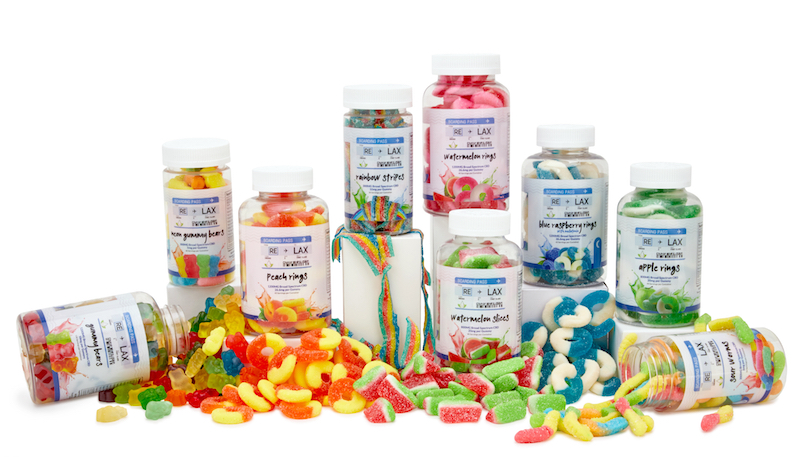ABOUT US
RE-LAX CBD
RE-LAX CBD provides the highest quality, 100% natural, pure CBD on the market. Our hemp CBD is home grown, cultivated organically on our farms in northern CA. All of our products are third-party lab tested to ensure quality that delivers safe, healthy, real results. Our focus is to change lives, make lives better and allow our customers to do as our product suggest, “RE-LAX”.
Our mission: Is to change the world by offering our customers a safe, effective alternative from prescription drugs, to a more healthy, natural solution; hemp CBD.
Our purpose: Is to help heal our customers mind, body, and soul. To provide a better overall quality of life with top of the line, natural CBD hemp products.
What is RE-LAX CBD? CBD or Cannabidiol is derived from cannabis and hemp plants. It is grown naturally then extracted from the flowers, seeds, and stalk of the plant. Once the CBD is extracted and tested it can be formulated and infused for consumption in many ways (tincture, edibles, capsules, pain cream, and pet treats). CBD is non-psychoactive and it will not have the same effects associated with cannabis. Our CBD products contain less than 0.3% THC and are legal in all 50 states.

RE-LAX CBD is highly recommended by medical doctors and other medical professionals.
CONTACT US NOW
Learn more about our great products and opportunities today!
KNOWLEDGE HUB
CBD HEALTH & WELLNESS
When it comes to making decisions about your health, knowledge truly is power. Welcome to the Knowledge Hub, where you’ll get the ABCs of CBD — and you can arm yourself with information to find out if cannabidiol is right for you.
Of course, if you have questions that aren’t answered here, you’re welcome to contact our friendly, professional team to learn more about the CBD products we offer.
CBD is one of more than 100 compounds found in cannabis, called cannabinoids. Many plants contain cannabinoids, but people most commonly link these compounds to cannabis.
Unlike other cannabinoids — such as tetrahydrocannabinol (THC) — CBD does not produce a euphoric “high.” This is because CBD does not affect the same receptors as THC.
The human body has an endocannabinoid system (ECS) that receives and translates signals from cannabinoids. It produces some cannabinoids of its own, which are called endocannabinoids. The ECS helps regulate functions such as sleep, immune-system responses, and pain.
When THC enters the body, it produces a “high” feeling by affecting the brain’s endocannabinoid receptors. This activates the brain’s reward system, producing pleasure chemicals such as dopamine.
Both CBD and THC have the exact same molecular structure: 21 carbon atoms, 30 hydrogen atoms, and 2 oxygen atoms. A slight difference in how the atoms are arranged accounts for the differing effects on your body.
Both CBD and THC are chemically similar to your body’s endocannabinoids. This allows them to interact with your cannabinoid receptors.
The interaction affects the release of neurotransmitters in your brain. Neurotransmitters are chemicals responsible for relaying messages between cells and have roles in pain, immune function, stress, and sleep, to name a few.
Most people tolerate CBD oil well, but there are some possible side effects.
According to a 2017 review in Cannabis and Cannabinoid Research, the most common side effects include:
- fatigue
- diarrhea
- changes in appetite
- weight gain or weight loss
In addition, using CBD oil with other medications may make those medications more or less effective.
The review also notes that scientists have yet to study some aspects of CBD, such as its long-term effects on hormones. Further long-term studies will be helpful in determining any side effects CBD has on the body over time.
Consult a doctor before using CBD, as it may interact with certain over-the-counter dietary supplements and medicines, as well as some prescription medications — especially those that warn against consuming grapefruit.
CBD might also interfere with an enzyme called cytochrome P450 complex. This disruption could affect the liver’s ability to break down toxins, increasing the risk of liver toxicity.

